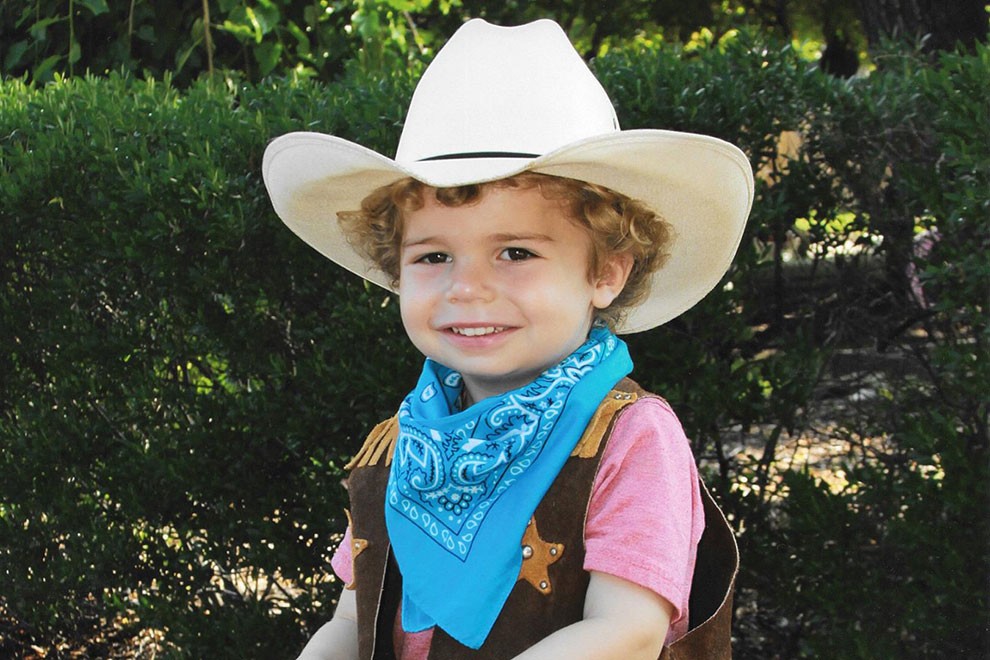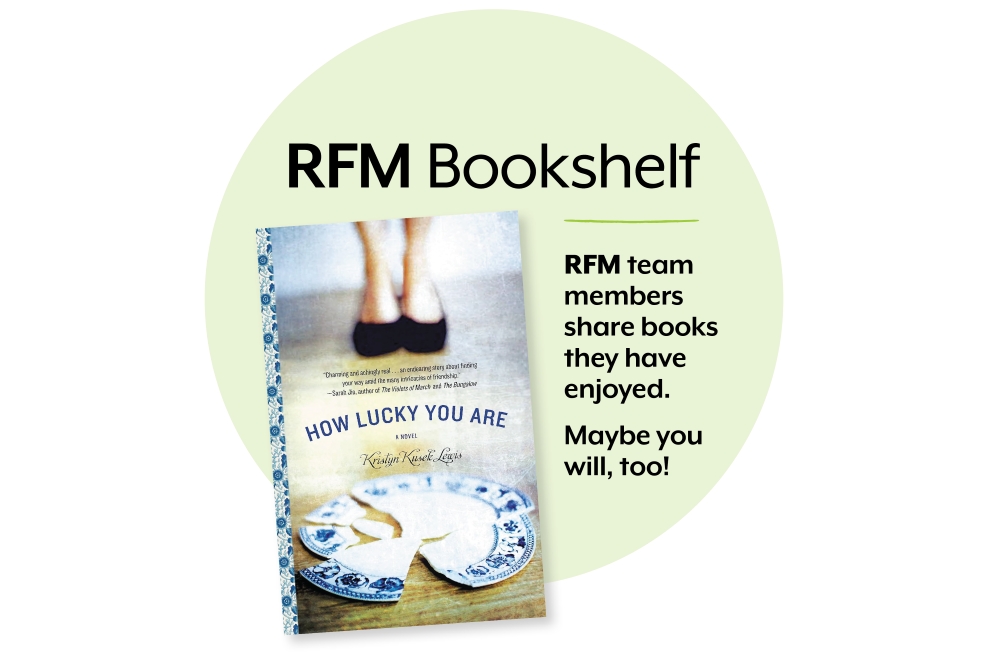In her first book, The Blessings of a Skinned Knee, author Wendy Mogel, focused on the early years of childhood, emphasizing the need to resist overprotection of our children. She follows up this bestselling book with advice for parents with a teenager. Her philosophy to view adolescence as a blessing might bewilder parents yet Mogel insists this shift in perspective is more effective than trying to control your child.
The Blessing of a B Minus addresses common “complaints about teenagers and reconceives it as a sign of good health, psychological development, or spiritual progression.” Whether its teenaged rudeness, procrastination, self-centeredness, or late nights and groggy mornings, Mogel manages to find answers to some hard to deal with aspects of adolescence.
“At the first whiff of middle school, even the most laid-back parents find it difficult to practice loving acceptance of their children. When children hit their tweens, it suddenly seems that there is so much more at stake for them than there was for us when we were growing up, so much more danger on the horizon…We decide that it was fine to revel in our child’s ordinary glory when she was younger, but no longer. Now, it counts.”
But Mogel explains that it’s not loving to expect a child to be good at everything all the time. She realizes this is hard to do when our culture has such a narrow definition of success, but The Blessing of a B Minus argues that “some teens have talents and traits that are easy to overlook or difficult to measure with a number” and it’s just as important that they too are viewed magnificent.
Like the authors of Raising Resilient Children, which I blogged about in January, Mogel reminds us that “the most reliable predictors of adult success are not grades in high school or a collegiate pedigree. They are qualities that psychologist Daniel Goleman calls emotional intelligence: empathy, optimism, flexibility, a good sense of humor, the capacity to function as a team member, and a positive reaction to setbacks.” So resist the urge to measure and compare.
Still, parenting a teenager goes beyond acceptance of their innate personality. “It also means accepting that they are still developing. They’re not fully cooked yet. It’s not fair to expect them to act like young adults when, from a neurological and psychological perspective, they are still children.” So Mogel suggests you look for “occasions when you can truthfully and specifically praise your teen, not just for her potential, but for what she is right now.” A big sister who let a younger sibling tag along. Or a computer whiz who mixed a CD for you. This doesn’t mean you have to stop being their parent and start acting like a “creepy, middle-aged friend,” but Mogel explains your teen will find it reassuring if you “can see the beauty amid the pain of her transformation.
While my kids aren’t teenagers yet, I have spent many of my teaching years in the middle school setting, a place where young love, baggy pants, and vulnerabilities prevail. The Blessing of a B Minus advice that I found most consistent with my experiences was the following: “Life with teens will be more fun for you if you can derive at least some entertainment value from the experience.” When I thought I couldn’t take the back talk, bad attitudes, or feigned indifference another moment, my colleague, and best friend, would help me find the humor in the moment. Magically, somehow, this laughter would carry me through the often angst-filled world of adolescence; therefore, I suspect Mogel is on to something when she recommends you find comedy in your teenagers errors. After all, you were once a leg-warmer wearing awkward adolescent, too.
Don’t forget to “like” Parenting by the Book on Facebook for weekly updates on recent blog posts.




